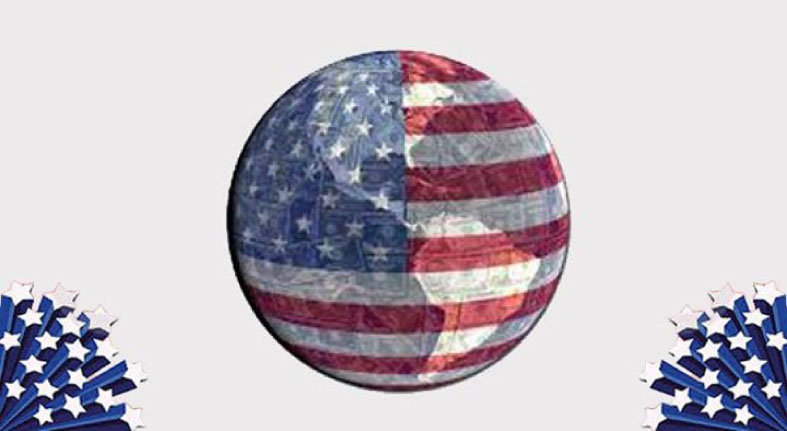Featuring the authors Stephen G. Brooks, Associate Professor of Government, Dartmouth College; William C. Wohlforth, Daniel Webster Professor of Government, Dartmouth College; with comments by Eugene Gholz, Associate Professor, LBJ School of Public Affairs at the University of Texas at Austin; Adjunct Scholar, Cato Institute; and Benjamin H. Friedman, Research Fellow in Defense and Homeland Security Studies, Cato Institute. Moderated by John Glaser, Associate Director of Foreign Policy Studies, Cato Institute.
What is the proper global role for the United States in the 21st Century? Since World War II, the United States, as the most powerful state, has chosen to be deeply engaged in the world. It has assumed responsibility for global peace and stability, guaranteed the security of dozens of foreign nations, promoted free trade, and posed as the policeman of the world by intervening in distant disputes with little direct relevance for core U.S. interests. The bi-partisan consensus in support of this role has recently shown signs of wear. President Donald Trump criticized it, and won. Public opinion polls for the first time in recent years show significant support for pulling back from this activist foreign policy and pursuing a more modest, less costly approach to the world. In America Abroad: The United States’ Global Role in the 21st Century, Stephen G. Brooks and William C. Wohlforth make a powerful case that America should continue its strategy of deep engagement. But what are the merits of an alternative approach, a grand strategy of restraint? Please join us as we discuss competing ideas about the future of U.S. foreign policy.


